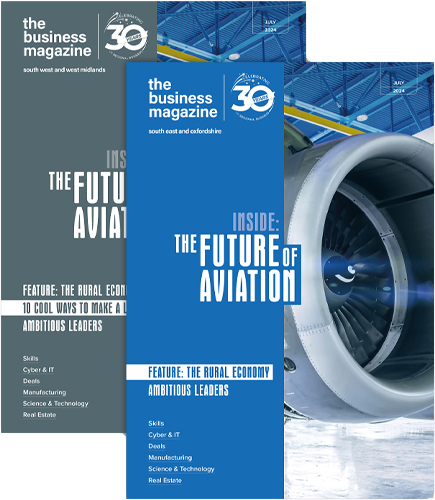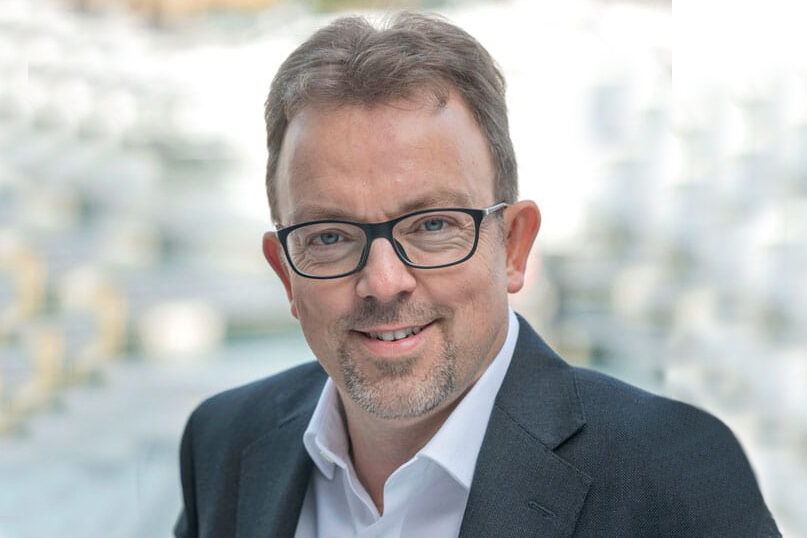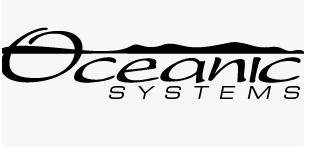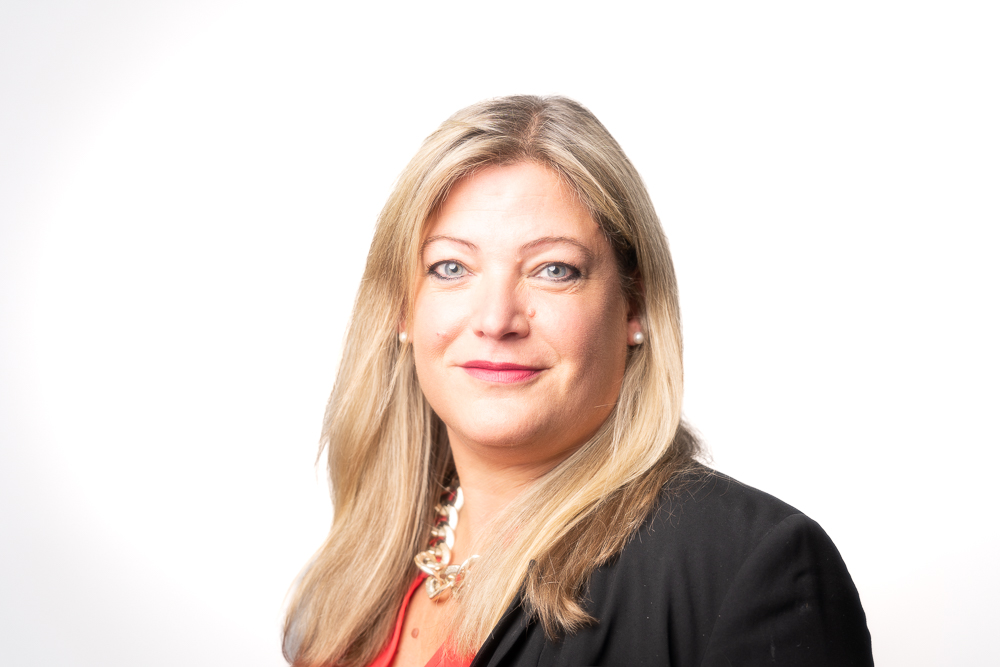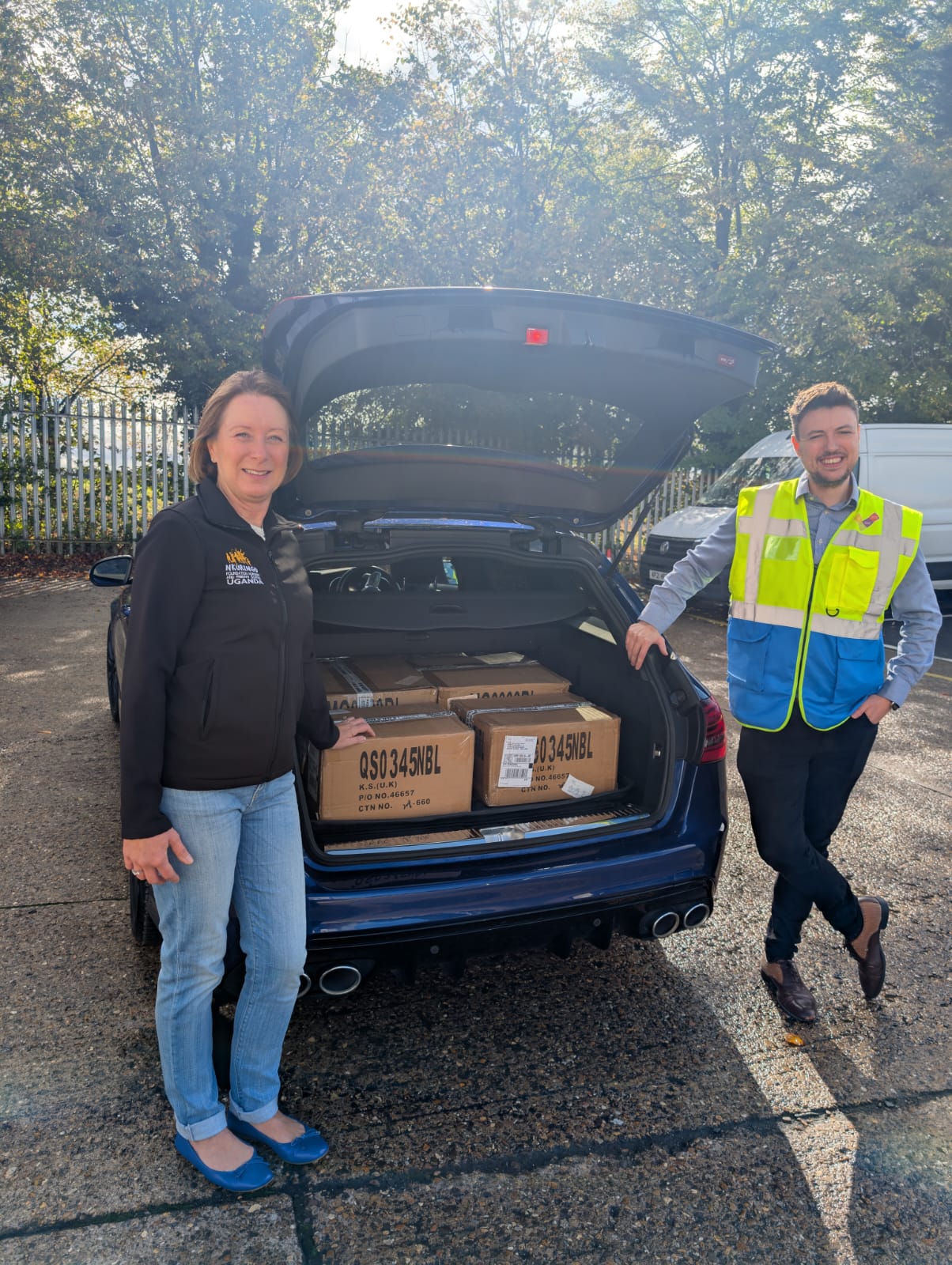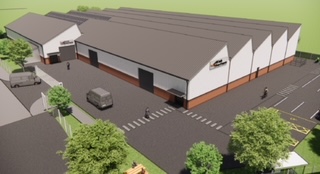Oxfordshire's Open Cosmos chosen to deliver innovative 6G in-orbit lab

Open Cosmos - the Harwell, Oxfordshire-based space tech business that makes satellites - is poised to be the operator and manufacturer for a pioneering 6G satellite precursor, which is set to transform future communications and generate a new global standard.
As part of a consortium led by TESAT, the goal of the satellite is to deliver an in-orbit lab to gain knowledge on end-to-end connectivity and convergence between terrestrial network (TN) and non-terrestrial network (NTN).
READ MORE: Open Cosmos raises $50M to grow space tech and satellite data
Open Cosmos is in charge of designing and building the platform, integrating the payloads, launch procurement and satellite operation.
The activity is fully funded by ESA's Space for 5G/6G & Sustainable Connectivity programme, within ESA’s Connectivity and Secure Communications directorate.
This is the 11th satellite Open Cosmos has designed, built and operated since becoming a trusted partner to organisations launching satellites.
Antonio Franchi, head of ESA’s Space for 5G/6G & Sustainable Connectivity, said: "In order for satellite to be part of 6G, it is crucial to deliver such an in-orbit laboratory to test seamless integration and interoperability with terrestrial 6G networks and equipment.
"The project will demonstrate the benefits of satellite in the context of 6G use-cases, based on real-world experience. This allows industry within ESA’s Member States to be at the forefront of technology to introduce 6G NTN functionalities and advise on future standards.
Florian Deconink, head of growth at Open Cosmos, added: "6G is the next-generation communications technology and satellites will play an important role in distributing these terrestrial networks to benefit customers across the globe.
"Testing this technology in space is important so we can understand how satellites can enable everyone across the world to benefit from these important technologies."
The consortium includes TESAT, Fraunhofer Institute for Integrated Circuits IIS, University of Surrey, Airbus Defence and Space Friedrichshafen, Deutsche Telekom Business Solutions and VTT Technical Research Centre of Finland.


